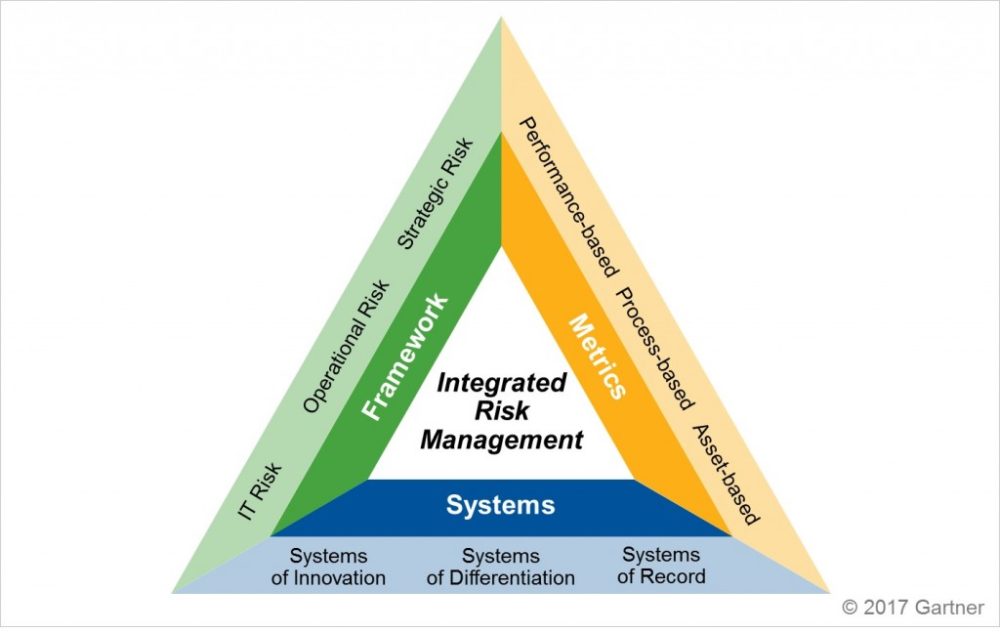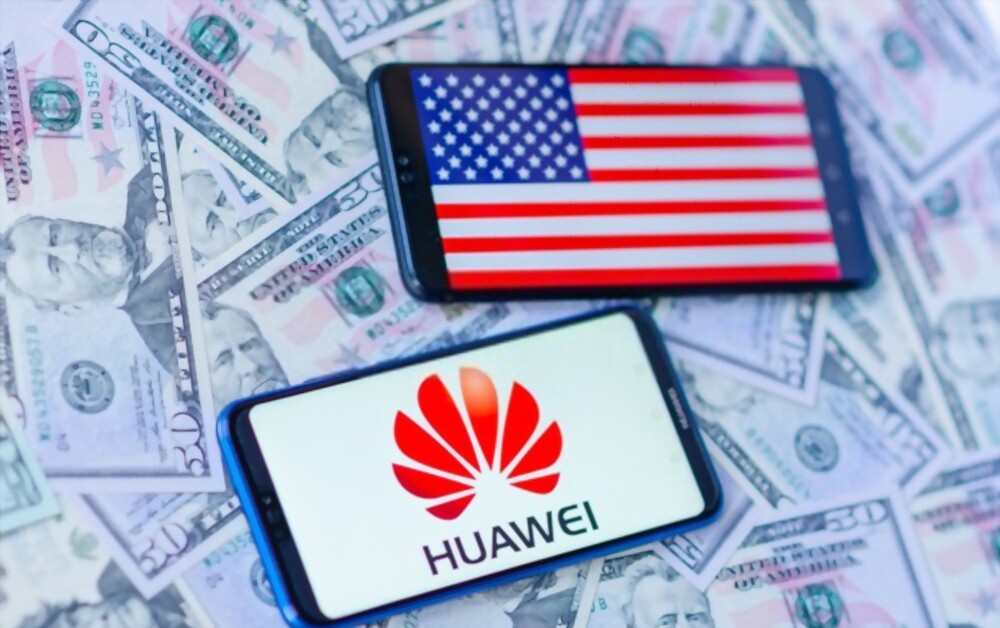In the last six months, it has been brought to everyone’s attention that state-sponsored cyber attacks have become a severe problem. Even the Defense Information Systems Agency in charge of managing and securing the White House’s communication was breached for 6+ months. It’s been shown that Russia and China have been leading numerous other cyberattacks on people using Microsoft’s exploits for their Microsoft users and much more. But what’s important isn’t so much where the attacks are coming from – but why.
Table of Contents
What is a State-Sponsored Attack?
A state-sponsored attack is when a government uses cyberweapons to spy on, steal from, or damage other countries’ populations and organizations. Many of these attacks are being discovered as state-sponsored cyber attacks; their governments are funding their hacking attempts in cyber-warfare, gaining more popularity. Even if it’s just for analytical purposes, knowing the level of persistence and the type of data stolen can help build your defense and knowledge of whether an attack is more than just a little hacking group.
Why are they so dangerous?
The most significant danger with these attacks is that the government using them has an unfair advantage over its targets because it can use its intelligence agencies to monitor and execute the attack.
What can you do?
The best way for everyone, but especially those who could be at a higher risk of being targeted by a state-sponsored attack, like journalists, is to take steps online that will make it harder for governments to spy on them when they use the internet.
Use Risk Management to Avoid State-Sponsored Cyber Attacks

Determining your business’s risk management level to keep your business safe from state-sponsored cyber attacks is something you should look at with your security and IT teams.
First off, there are measures in place that every business should use regularly. Many small companies and even other corporate chains are looking to expand their services to third parties, and that’s perfectly fine – as long as they’re “at home.” The problem is that people are outsourcing to companies run by third-world countries – all of which have been increasing in popularity regarding cyberattacker origins and even state-sponsored attacks (like India, China, Russia, Sweden, and others). Therefore, here are some things you want to do to decrease your threats and stave off state-sponsored cyber attacks:
- Don’t get items and software from companies that aren’t based in the United States or are from countries that pose a considerable threat.
- Don’t ever make your internal networks isolated from the internet.
- Make sure you collaborate with other cyber threat alert organizations – like TrendMicro and other companies who allow you to “share threat information” with your antivirus software.
- Ensure that you increase your employee’s cybersecurity training – we have several posts regarding doing this correctly.
- Hire a local provider that can give you an all-in-one IT solution and provide you with the highest security possible for your business while keeping your data safe.
How Avoiding Other National Vendors Helps

Huawei and ZTE were supposedly banned, or so we thought. While major cell phone providers have stopped carrying these devices, you can still buy them at certain large chain stores throughout the US.
Last year, a control restriction that was written by the NIST (National Institute of Standards and Technology) published a release to show the House’s Permanent Select Committee on Intelligence – the federal government is instructed to refrain from using items and parts that are made by two Chinese companies – Huawei and ZTE. Do those names sound familiar? That’s because they are – Boost mobile and numerous other “prepaid” model mobile companies are still using these devices and other internet devices.
Avoiding Isolation of Networks

You’ll want to separate or isolate certain applications and devices from your main internal network to avoid state-sponsored cyber attacks and keep your business’s data more secure.
One thing that people need to do is remove their internal network from the internet entirely. Many companies have all of their items linked and synchronized to online services. If you take the internet of things out of the equation and make everything internalized, you are ensuring that you have a more secure network to protect your company’s data.
Share and Share Alike

We’re not suggesting you share company trade secrets or sensitive information, but sharing security info with other businesses can increase your odds of defending against state-sponsored cyber attacks.
Antivirus companies rely on their customers to provide statistics. While many people worry about their security of privacy involving this, it’s pretty simple. By sharing your information with other businesses and security providers, you’re putting up a word-of-mouth barrier to help keep you and other people safe from state-sponsored cyber attacks. This can help to provide increased security, and it can reduce customer and even competitor exposure.
Train Your Employees Right

When it comes to your security, we say this all the time; your employees are your weakest link. To avoid state-sponsored cyber attacks or any attack, you must train your employees properly.
As one of our previous posts explains in detail, the more your employees know about cybersecurity and its risks to your company, the better. Your colleagues and employees need to know general best practices and even sign agreements that will hold them liable. No, we’re not saying that you should pursue legal action if someone accidentally clicks a phishing email and causes one. Still, they can be put under restrictions and disciplined properly for allowing it to happen. You still want to keep your employees satisfied and not instill panic.
Hire a Local Outside Security Team

Let’s face it; nobody can do and know everything. That’s why we suggest hiring a security team to keep an eye on things and to help keep you safe from all attacks, including state-sponsored attackers.
Another thing you can do is look into your local area for a managed service provider. Of course, you can hire an IT team to do your bidding if that’s what you’re looking for. Still, when you want a better-packaged deal regarding the security and safety of your company’s precious data, you’ll want the team to handle multiple avenues rather than just a one-and-done solution for your company.
By allowing internal and locally-based cloud storage solutions, VoIP services, and much more (using only the best and highest-rated products for security), you can ensure that by doing all of the above, your company can continue to thrive and avoid state-sponsored cyber attacks as much as possible.


Recent Comments